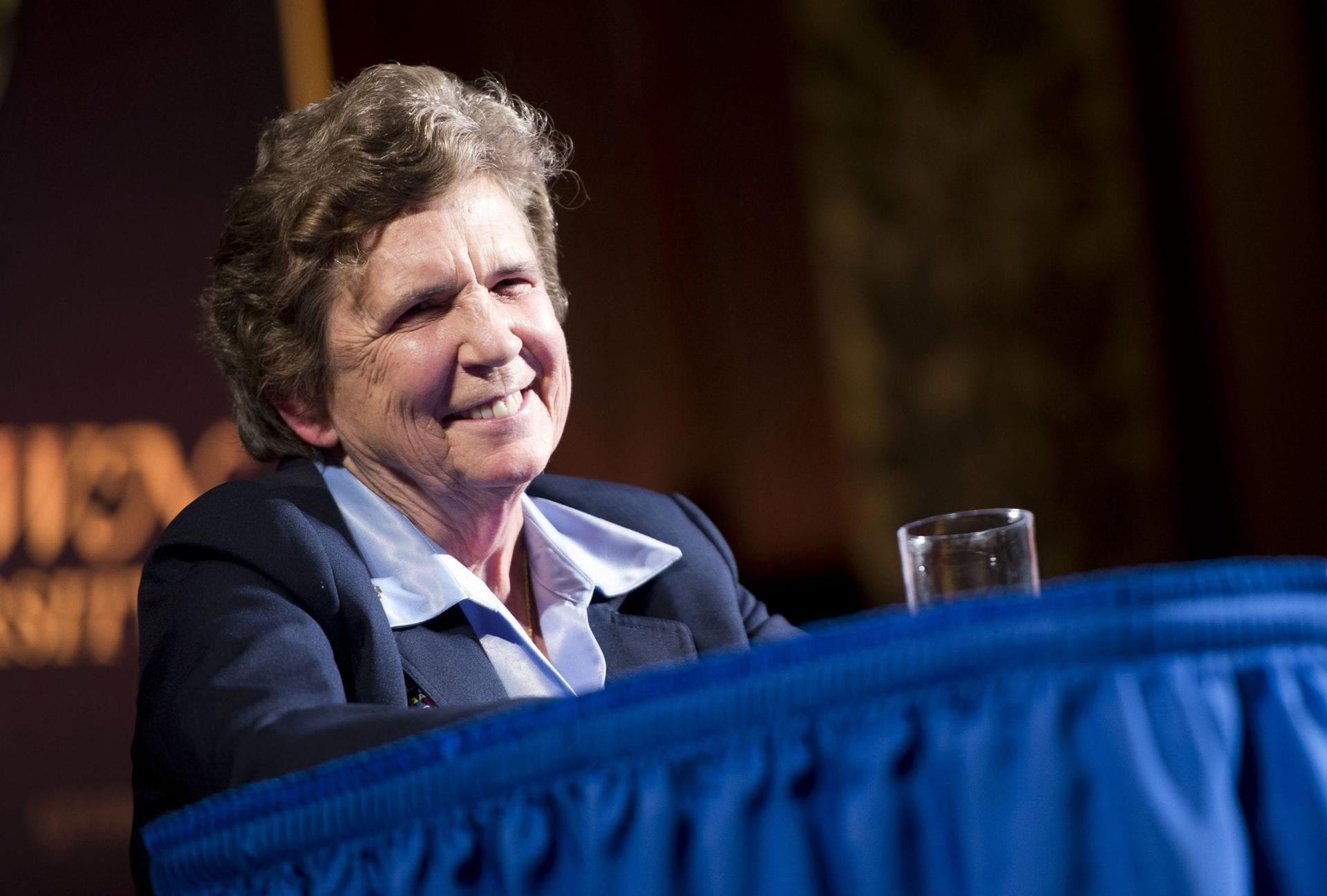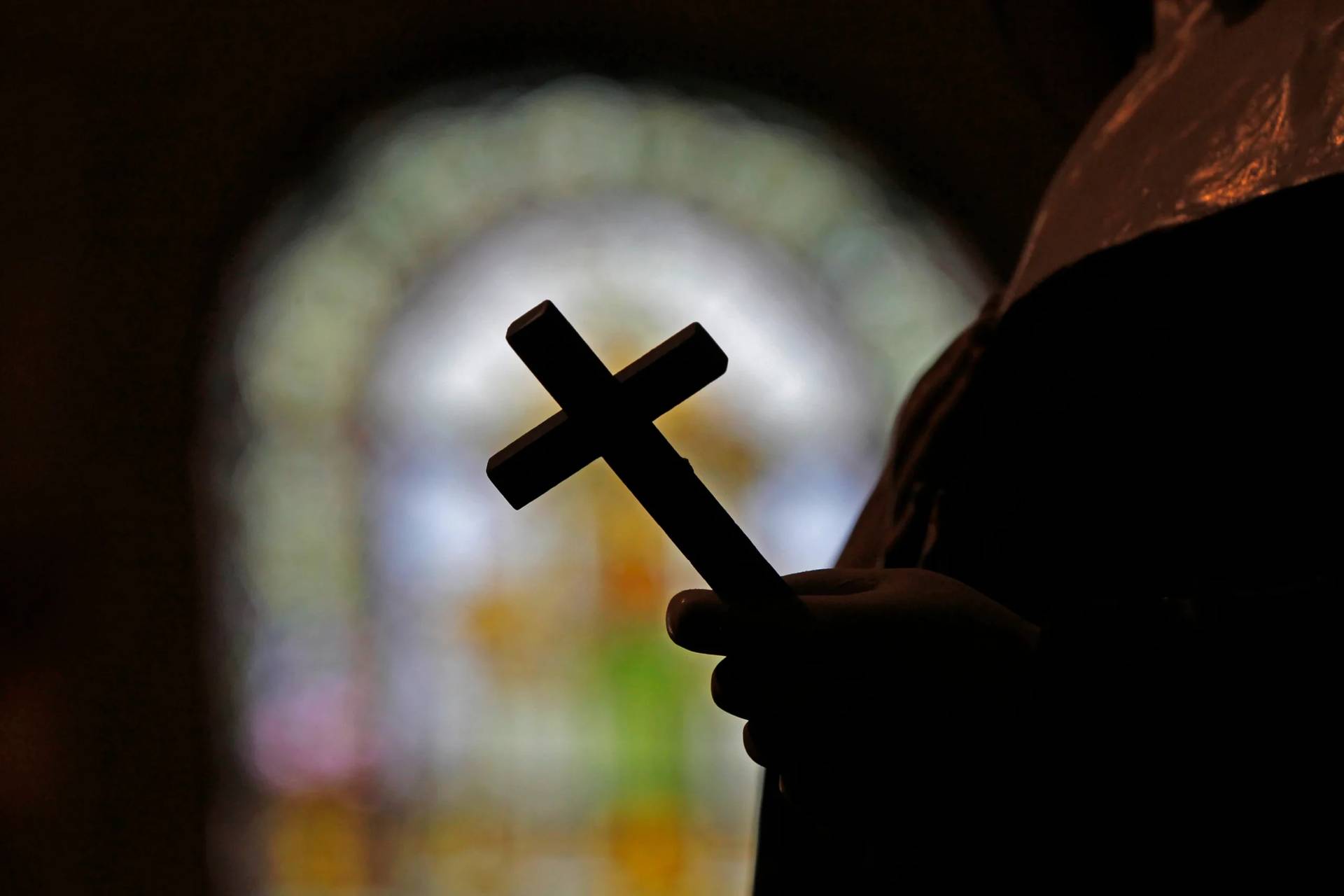NEW YORK — Without realizing it, when Pope Francis used the metaphor of a “field hospital” in his first interview to express the Church’s mission of healing the wounded, he immediately made Sister Carol Keehan’s work a lot easier.
“Pope Francis has been an incredible gift to the Church in general, but we in healthcare have benefited even more than the average,” said Keehan, who after a lifetime working with the poor and sick is stepping down as president of the Catholic Health Association (CHA) in June 2019.
“I couldn’t be more grateful to the Holy Father in general for what he’s doing for the Church, but, quite selfishly, for what he’s done for hospitals. So often his metaphors are healthcare metaphors,” she told Crux.
“He is so absolutely clear about creating a world where people are getting the basic things they need, and high on that list is healthcare,” continued Keehan. “You could not ask for a better advocate for those things.”
Keehan herself is widely considered one of the foremost and fiercest champions for universal access to healthcare.
In 2010, when President Barack Obama signed into law the Affordable Care Act (ACA), Keehan was one of the 21 recipients of the pens he used. Her involvement in the process would go on to land her as one of TIME magazine’s top 100 most influential people, along with regular listings in Modern Healthcare’s list of “100 Most Influential People in Healthcare.”
Today, the presidential pen hangs outside her office in Washington, D.C., and as she reflects on her career, the success of pushing through legislation that brought healthcare to an estimated 20 million more individuals is her proudest achievement.
Yet, for Keehan, she won’t talk about that success without the qualification that it wasn’t hers alone.
“Getting the Affordable Care Act certainly wasn’t my accomplishment, it was the accomplishment of hundreds and thousands of people who really worked hard,” she recalled. “It had lost one time before when we thought we had an even better shot at doing it in the Clinton era, and it came so close to being lost this time.”
Her role in the effort, however, has not come without criticism — particularly by fellow Catholic leaders.
In fact, Cardinal Francis George, the former archbishop of Chicago and president of the United States Conference of Catholic Bishops (USCCB) at the time, said afterwards, that “Sr. Carol and her colleagues are to blame” for the bill’s passage.
Not only does Keehan now feel vindicated by everyday citizens who were once critical of the legislation but now support it, but particularly by the U.S. bishops, who, when President Donald Trump sought to repeal the ACA in 2017, vocally opposed the move.
“It wasn’t perfect, it is still not perfect, but it was a major step forward in this country in getting a health policy,” Keehan insisted.
“I have been heartened by the fact suddenly people are saying ‘I’m not going to vote for somebody who doesn’t protect what we got from the ACA,’” she told Crux. “Holy cow, did I ever think this would happen?”
As for the U.S. bishops, she says she feels “gratified” that “all the stuff they were fed that the ACA would be the biggest expansion of federally funded abortion the nation has ever had, all of those horrible predictions were proven untrue.”
“It really did do exactly what we said,” she continued. “Abortion in the United States is at its lowest point, and there’s no federal funding of abortion with the usual exceptions. To finally see progress on that is, for me, very gratifying. I don’t care who gets the credit for it; it was the right thing to do, and the right time for it.”
Looking back on the tensions with the bishops, she said she isn’t wounded by the debate and doesn’t have scores to settle, but she wishes “we would have had a more genteel and constructive dialogue, and that life would not have been so polarized.”
“We kept faith, we tried to stay at the table with each other, and I was very grateful for the attention the bishops gave the issue when they were trying to kill it last year,” she added.
Looking ahead, she says that even though she may be retiring, she will continue to cheerlead the work of the Catholic Health Association, as she believes “its best days are ahead.”
When asked about debates over whether or not a single payer system would be more desirable, she expressed caution.
“I’m willing to look at anything, but I think right now when we talk about single payer, it’s somewhat like when you talk to your teenager going out the door for the evening and you say, ‘have a good time,’” she said.
“Your idea of a good time and theirs are probably not real close,” she went on. “We hear people saying single payer would cost this much and it would add this and that, and take away this and take away that, but we haven’t really sat down and looked at it using the best minds in the country.”
“People who are endorsing it, I don’t know what numbers they’re looking at, but I’m pretty well read and I don’t see a good strong study out there that has looked at those things,” she added. “I’d rather waffle than endorse something I don’t have good figures on.”
For now, Keehan says she’s interested in maintaining a focus on preserving Catholic identity in healthcare, making sense of the market disruption, and advocating for the improvements that can be made within the ACA.
When July rolls around and she passes off her hat — or habit — to whoever takes her place, she says she’ll have plenty to keep her busy.
“I’m retiring from CHA, I’m not retiring from life,” she adds. “When Daughters of Charity retire, it’s when they say, ‘Eternal rest grant unto her.’”











